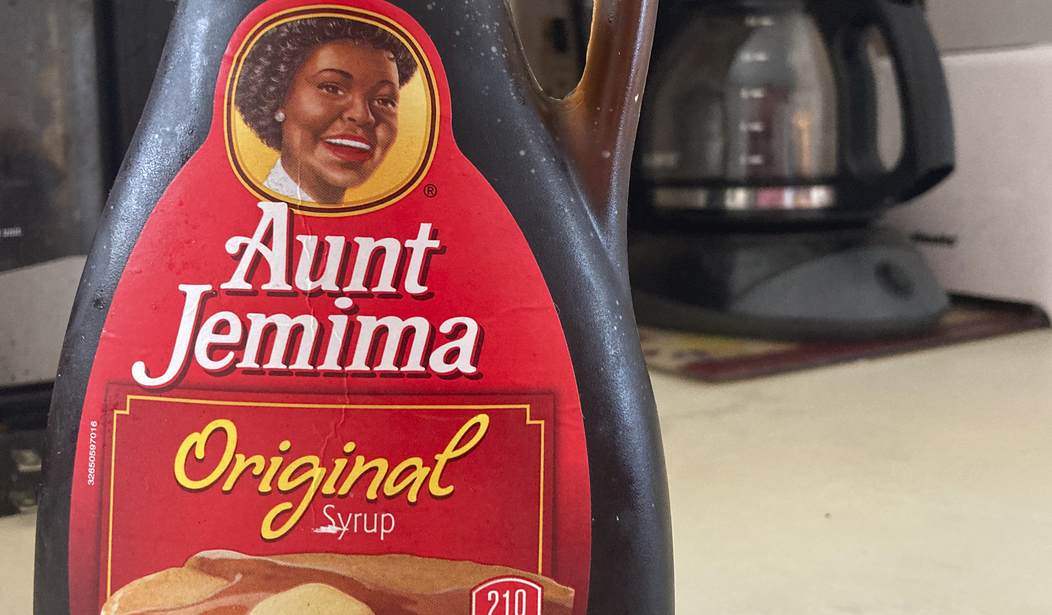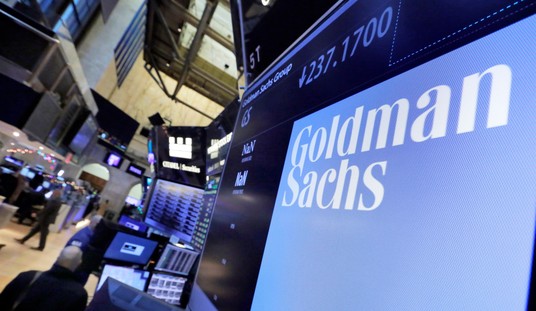Back in 2020, woke culture had corporations so obedient that they were making major changes to their company to avoid cancelation and achieve great scores on the ESG scale. One such company was Land o’ Lakes, the nationally recognized butter company, that since 1928 had sported the Indian Butter Maiden “Mia” on the front of their box. That changed quietly in 2020 when the company suddenly took Mia out of the picture but kept the scenic forested lake, much to the delight of leftists.
It wouldn’t be the first time leftists had forcibly removed a native but kept the land.
Whenever woke culture goes wild, things tend to get ruined. While the demands of woke culture include putting “representation” in almost every single thing that’s created nowadays, whether it makes sense in the context of the creation or not, what’s not often talked about is how often representation is eliminated from the forefront of culture.
Let’s delve back into the world of business for a moment.
The Quaker Oates company would kick Aunt Jemima, the iconic black woman who accompanied almost everything you bought that was pancake related, off her own labels and replace her with the name “Pearl Milling Company.” The model who played Aunt Jemima was actress and former slave Nancy Green who was hit by a car and tragically killed. Quaker Oates apparently didn’t think it was appropriate to keep a former slave as a representative, robbing people of another iconic minority.
“Uncle Ben’s” rice would be renamed “Ben’s Original” and would ditch the iconic black man on the front of its packaging. The black man was originally supposed to resemble a house slave but in 2007 would change the character so that Ben was the “Chairman of the Board.” After the George Floyd incident and the Black Lives Matter riots, the company would wholly ditch the iconic black man.
HBO Max almost did away with “Gone With the Wind” a movie that featured slaves played by black women, one of which won an Oscar for her performance, back during a time when black people weren’t even allowed to sit with whites at the award ceremony. They brought the movie back, but this time with commentary about how the movie’s depiction of black people was wrong.
Remember the Washington Redskins football team? Well, that was apparently too offensive to some people and so they had to ditch the iconic native American logo.
Rebranding isn’t inherently a bad thing and it’s an inevitable part of any business. Times change and every business must roll with the punches. The issue is that some businesses rebranded out of fear, not any sense of morality, and as such, they overcompensated and eliminated any reference to iconic minorities or representations of minorities. I don’t know anyone who thinks the world is safer now that Mia isn’t selling butter anymore. Who feels relieved that “Uncle Ben” is no longer on the front of a bag of rice?
“But Brandon, inclusion is so important in mainstream culture that they’re now putting minorities in everything, everywhere.”
Uh-huh. And how well do these “inclusive” movies, television shows, comics, etc., sell? How often does shoehorned-in racial appeasement manage to win big?
The better question to ask, at this point, is how often does this hyper-focus on representation cause something to fail and a franchise to be tarnished? How much does it cause people to walk away and never return?
That inclusion is causing people to stop seeing these minority characters, and that includes audiences that consist of minorities. What’s the point of “representation” if the minorities you wanted to attract never see those characters in the first place because you made politics more important than art? In a way, it’s indirectly causing more minorities to disappear from the spotlight.
But I’m not done with examples.
On Sunday, Jeff Charles published this article discussing some fresh bed-wetting from CNN. According to one commentator over at the nation’s bronze-place cable news joint, white people using GIFs that prominently feature black people are committing the grave sin of “digital black face”:
Progressives with nothing going on in their lives argue that the practice of digital blackface can be seen as a form of cultural appropriation and can contribute to the erasure and marginalization of black voices and experiences. It can also perpetuate harmful stereotypes and reinforce existing power dynamics that contribute to racism and discrimination. As such, they argue, it is important for white people to be mindful of the ways in which they use digital media and to consider the impact of their actions on marginalized communities.
Indeed, Blake notes that people criticize digital blackface “because it’s a modern-day repackaging of minstrel shows in which white actors darkened their faces to perform in front of audiences. “Put simply: digital blackface is 21st-century minstrelsy,” he writes.
Apparently, if you’re white, you must now only use GIFs that contain white people or, I guess, animals. Not doing so is a racism.
And once more, we see an indirect attempt to eliminate more black people from the spotlight. Even if they’re just GIFs, they gotta go.
To combat this, I recommend using only GIFs featuring black people for at least a month, no matter your skin color.













